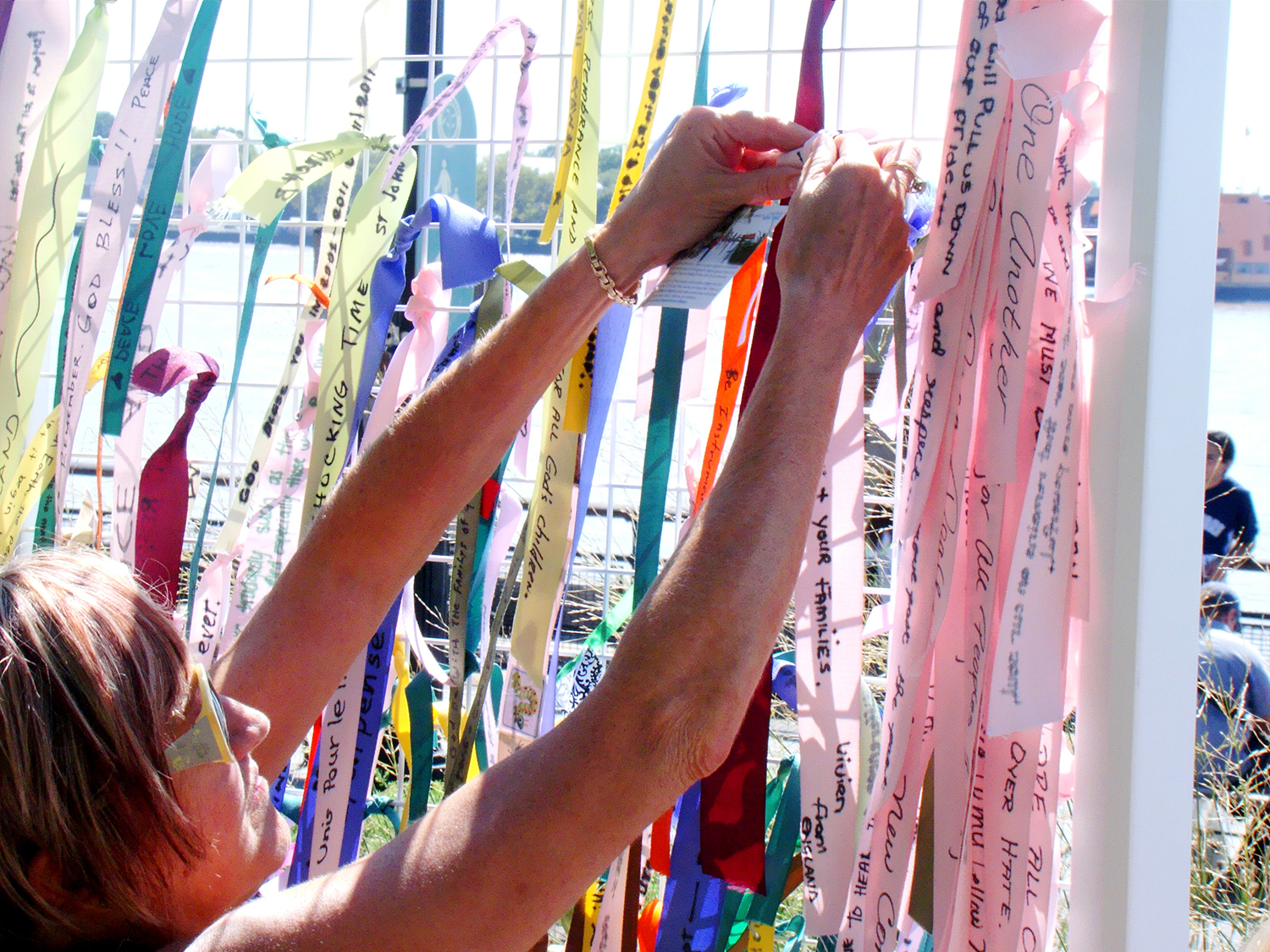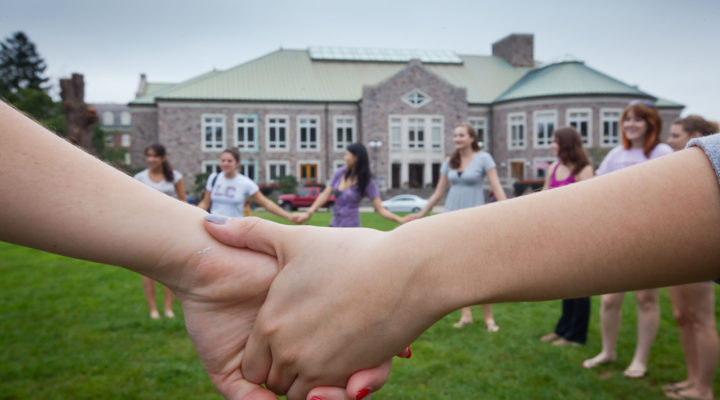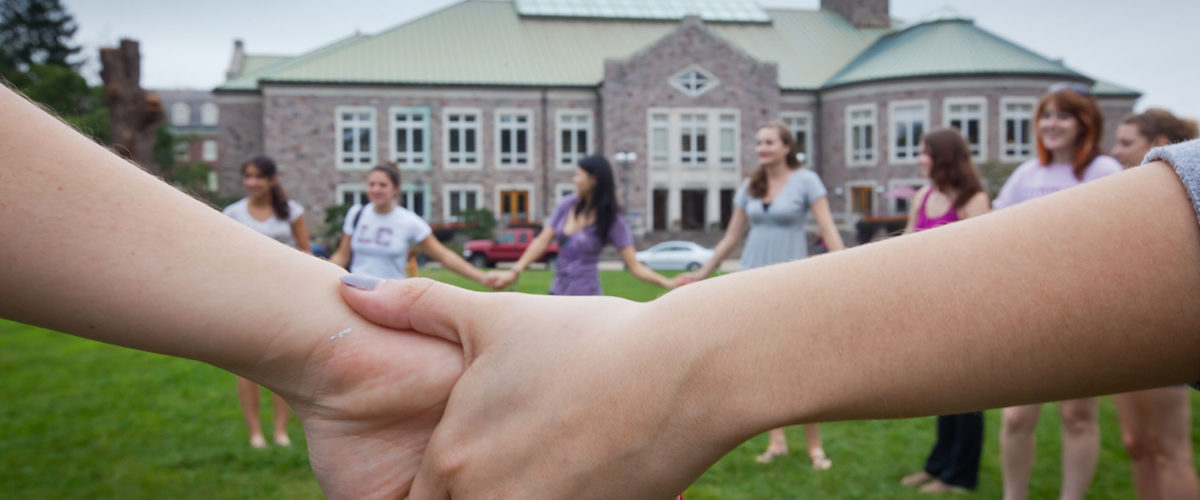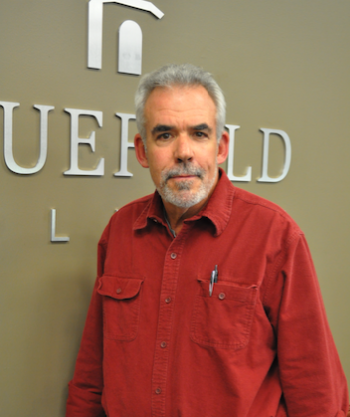Anti-Islamic sentiment is driving U.S. and European politics while religious hatred fuels world terrorism.
Rob Merritt sees the roots of that animosity.
“Most of the global conflict we see today has to do with religious controversy,” says Merritt, dean of the College of Arts and Letters and professor of English at Bluefield College, a school with Baptist ties in Bluefield, Va.
The consequences often include the victory of fear and anger over peace and dialogue.
“It’s so acrimonious,” he says. “It’s so scary.”
So Merritt leapt at the chance to do what he could to chip away at what seems such an overwhelming and unfixable situation.
He participated in a program to help scholars find creative ways to teach interfaith understanding at their universities and in surrounding communities.
Equipping scholars and students
Earlier this month, Merritt attended a five-day seminar titled “Teaching Interfaith Understanding,” hosted in Chicago by the Council of Independent Colleges and the Interfaith Youth Core.
The seminar covered theoretical questions common in the teaching of interfaith understanding and provided scholars with practical ways to foster what they learned back home.
“Religious diversity … is an increasingly fraught topic in American public discourse and public life, even as American campuses have become more religiously diverse,” the council said online.
“Arguably, education on such topics is critical not only to counter religious illiteracy and insensitivity, but also to prepare students for leadership and civic responsibility in a religiously diverse world,” CIC said.
About 125 scholars have participated in the program since it was launched in the summer of 2014, Interfaith Youth Core reports.
“The overall goal of the program is to better equip students to engage religious difference by better equipping and networking scholars across a range of disciplines who recognize the importance of these skills in a religiously diverse society and democracy,” IFYC said.

The Council of Independent Colleges and the Interfaith Youth Core offer a seminar series that teaches college professors how to promote interfaith understanding on their campuses. (Photo/Intersection International/Creative Commons)
The seminars focus each day on a specific dimension of interfaith understanding — such as interfaith collaboration, teaching methods for interreligious cooperation and practical and theoretical work. Participants were taken on site visits to practice the tools for dialogue they had learned.
“Our hope is that as more scholars contribute to this field, it will continue to grow and expand through a community of committed faculty and institutions,” IFYC said.
‘America can be torn apart’
Merritt said he has several ideas how he might implement what he learned in Chicago.
One is to help continue developing an interfaith alliance previously established at Bluefield, mostly with Muslim physicians and professionals in the town.
In his capacity as director of the college’s honors program, Merritt said he aims to develop an interfaith understanding course in the fall of 2017.
Merritt said he’s also looking into ways interfaith understanding can be integrated into existing general education courses covering topics like character formation and civic and global responsibility. He’s hoping to reach across campus to foster other ideas as well.
“I’d like to speak to my Christian studies faculty about how we might develop some courses” that cover interfaith understanding, he said.
It’s important to do something because fundamentalism has hijacked the conversation around religion, Merritt said.
“It seems there is so much lack of dialogue … on the global and local levels — particularly with the issue of Islam.”
The ongoing presidential election season is highlighting and exacerbating those tensions, he said.
“If people don’t try to understand each other — not convert each other — and find some common ground … American can be torn apart.”
Studying interfaith understanding has also had a positive personal impact, said Merritt.
“Having a dialogue about different religions makes you think more clearly about your own faith in looking at it and explaining it to others,” he said.



